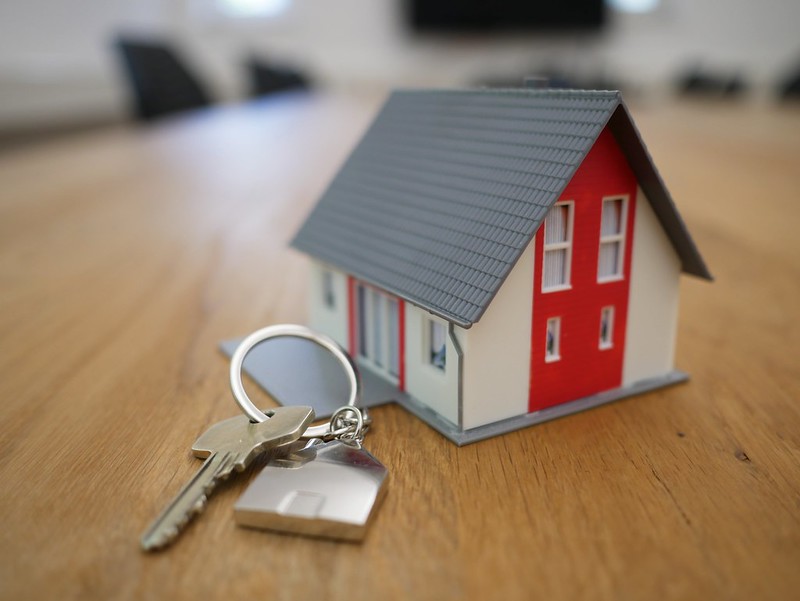
According to the latest house price index from the UK Government, the average home in the country has increased by £17,000 in the past year, taking the average house price to £290,000.
This is despite high inflation and increased mortgage rates, which have reduced purchasing power for many potential buyers.
The annual rate of property inflation was recorded at 6.3% in January, according to the Office for National Statistics (ONS) / Land Registry report. However, growth has slowed down significantly. In December 2022, house price inflation was recorded at 9.3% for the year. Furthermore, the ONS report, which is based on sold prices transaction data from the Land Registry, is known to lag behind other house price indices. For instance, major mortgage lender Nationwide reported that property values fell 1.1% in the year to February.
The report showed that house prices slipped 1.1% in January. Although the rate of growth has slowed compared to previous months, it is still a significant increase, considering the current economic climate.
Renters have also seen their costs increase, with prices for tenants across the UK rising by 4.7% over the 12 months to February, as reported by the ONS. Private rental prices in the UK began to increase in the second half of 2021, with annual growth across all regions except London, where prices decreased.
The annual percentage change in rents increased across all regions in 2022, including in London, and this trend has continued into early 2023. Although the pressure on rents has eased slightly since the peaks of last summer, it has by no means gone away.
Despite concerns that the increase in house prices could lead to a property market crash, experts suggest that there are still many factors propping up the market.




































